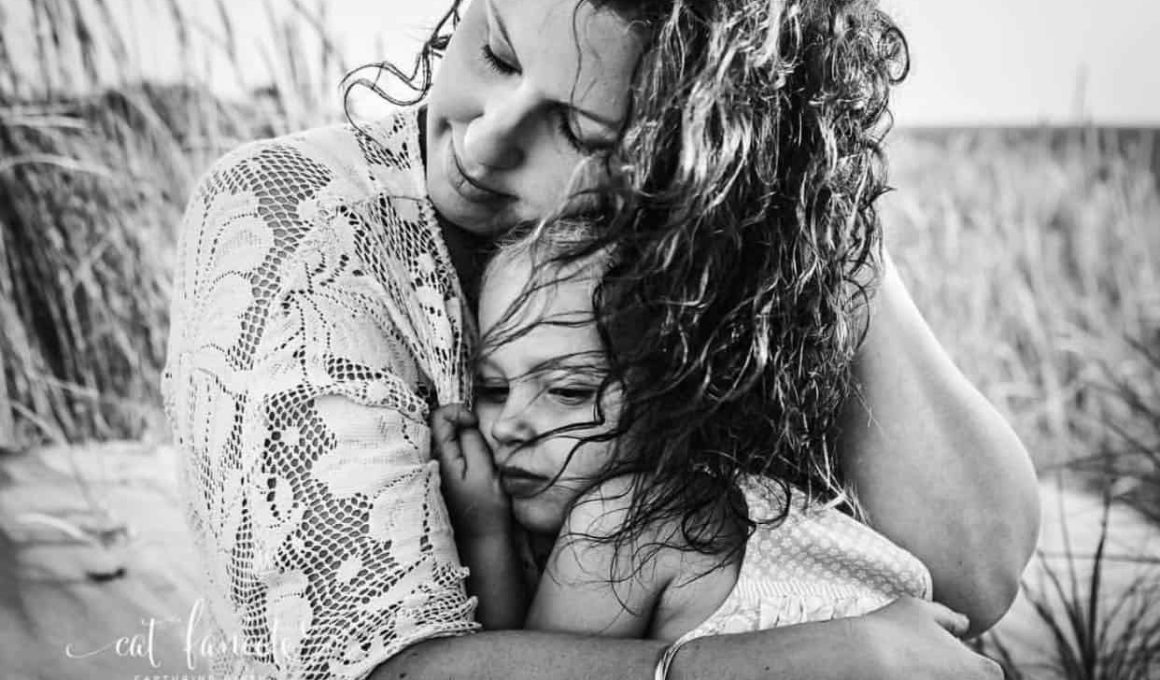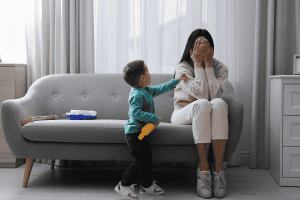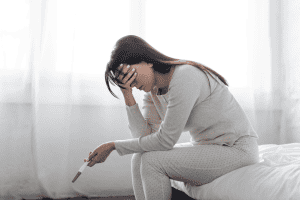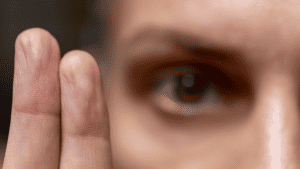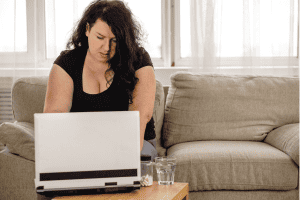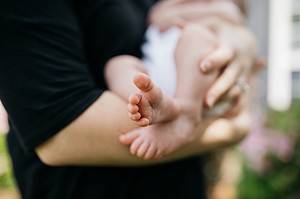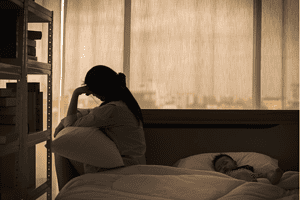It’s like a nervous energy running through your entire body. The often relentless, unending worry and concern about everything, anything and nothing. It doesn’t slow down, and often feels like it’s bigger than you… taking over and leaving you feeling out of control when you’re trying so hard to feel some sense of control. You’re switched on… 24/7. It’s consuming, as it takes over your body, and isolating, as so one else can see what is happening. The constant vigilance and worry fills your head, and starts to spill out into your body as your heart races and your skin sweats. And your day hasn’t even started yet…
Does this sound like you?
But you’re a parent, so surely this is all part that, right? It’s normal to worry about your child.
Yes, an individual’s journey into parenthood is a world-shift, an emotional upheaval, a life transformation. New fears and worries can only be expected with something so critical as raising a child!
But it’s when these fears and worries begin to interfere with how you live your life on a daily basis that it may be time to step back and look at what’s really going on.
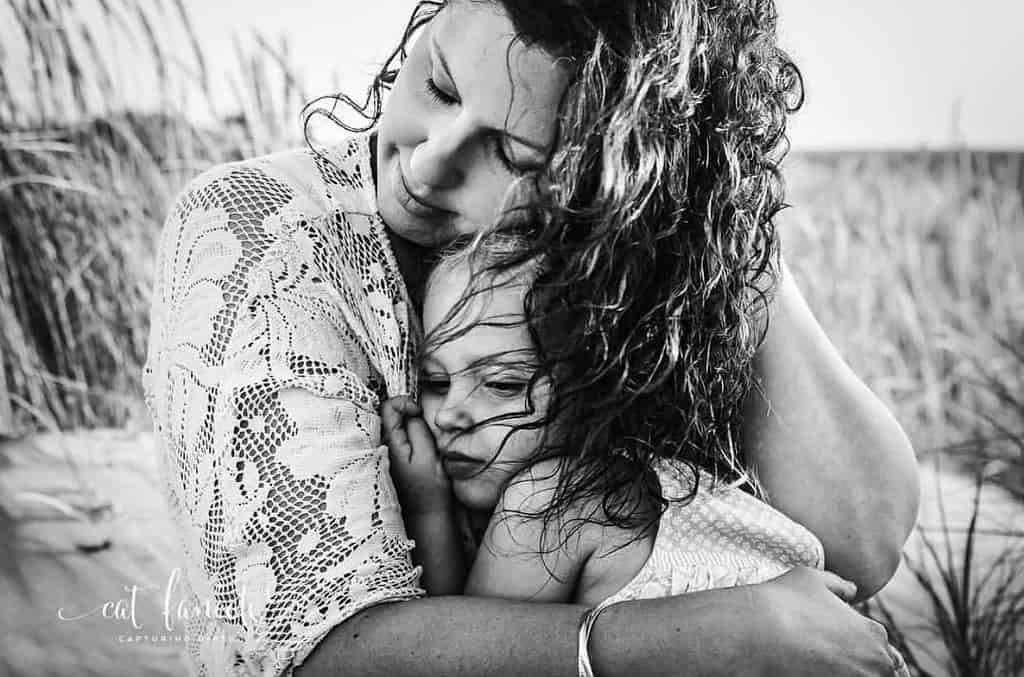
What is postnatal anxiety?
Anxiety itself is a natural, adaptive response we experience when we feel unsafe or threatened. We experience many kinds of “threats”, from specific and real (e.g., being followed to your car), to a general sense that something bad will soon happen. We may also have an anxious response to a threat we are imagining in our heads, like picturing something happening to our child.
Women and men alike can suffer from anxiety, it does not discriminate. Both mothers AND fathers experience a world-shift, emotional upheaval, and a life transformation through their journeys into parenthood. And for both mothers and fathers, anxiety has the potential to shift from an adaptive response to a mentally and physically draining impingement on daily living.
What does postnatal anxiety look like?
Anxiety doesn’t only manifest in the mind, we can also experience anxiety bodily and behaviourally. Unfortunately medical care providers can miss the signs of prolonged postnatal anxiety, sometimes mislabeling it as postnatal depression or attributing it to all the sudden life changes.
Mentally or cognitively, we may experience racing thoughts about the future and what needs to be done; imagining the worst-case scenario for your child or a situation; ruminating on sad or dark thoughts; worrying and obsessing about forgetting things; irritability; restlessness; constantly ‘on edge’.
Bodily, we may experience increased heart rate, stomach upsets, tight chest and throat, shallow breathing, loss of appetite, difficulty falling or staying asleep even when children sleep.
Behaviourally, we may begin to avoiding certain situations, activities, places, or people; become over-controlling particularly when it comes to caring for our children; seeking or needing constant reassurance; checking things repeatedly; being extra careful and vigilant of danger; feel out of control with our behaviours.
Many of these signs are often misread by the people around us. You may be viewed as an ‘active’ person, when in truth you find it very difficult to slow down. Or some may see you as ‘loyal’, ‘outgoing’ or ‘helpful’, when in reality you have poor boundaries and have great trouble in saying no, in order to please others. You may be viewed as someone who is ‘thorough’, whereas you really struggle with overthinking, ruminating or obsessing on details.
The weight of carrying anxiety is often overbearing and lonely.
How long does postnatal anxiety last?
Despite it’s name as ‘postnatal’ or ‘postpartum’ anxiety, it’s important for you to know that it is not confined to the time directly surrounding having a baby. There is a wide range of onset periods, which can be anywhere from pregnancy to years after, with some researching suggesting postpartum anxiety can begin even when your child is four years old.
Will my anxiety ever stop?
In short, with the right care for yourself, yes. No matter when it begins for you, you must know that it can most definitely get better. You will not feel the way you do now forever with adequate care for yourself and support from others. What this looks like is different for each person, but there are things you can do to begin working on it. Start with:
- Honestly recognizing the signs in yourself and getting help early.
- Realising that you are not your anxiety. You may feel it, but it doesn’t define you. It may be current, but not permanent.
- Find self-care practices that feed your worth, your body and your mind. And do them daily.
- Reach out to support groups, either online or in-person, that connect you with others who may be feeling the same way.
- Developing a personal support system where you can reach out when you need it (this can include a partner, friends, or parents)
- Private counselling services with a counsellor who specifically understands and works with perinatal related issues. A good counsellor can help you to navigate underlying issues that perhaps you aren’t aware that are contributing to your feelings of anxiety, while working holistically to help you with the mind, body and behavioural sides of anxiety.
- Consult with your doctor for investigation of organic causes through basic bloodwork, including testing for thyroid functioning, anaemia (iron levels) and hypertension (blood pressure).
Anxiety can be lonely and exhausting, both physically and mentally. But it doesn’t have to be this way. It can get better.
Fiona x
My name is Fiona Rogerson and I am an ACA accredited perinatal counsellor, and Hypnobirthing (Mongan Method) Practitioner. I work with women and men to overcome emotional and psychological hurdles surrounding conception, pregnancy, postpartum, parenting and identity. I am also available to provide professional development training and workshops to various organisations. I am based south of the river in Perth and can be contacted by email at fiona@fionarogerson.com.au or phone 0402 017 425 or via my contact page.


